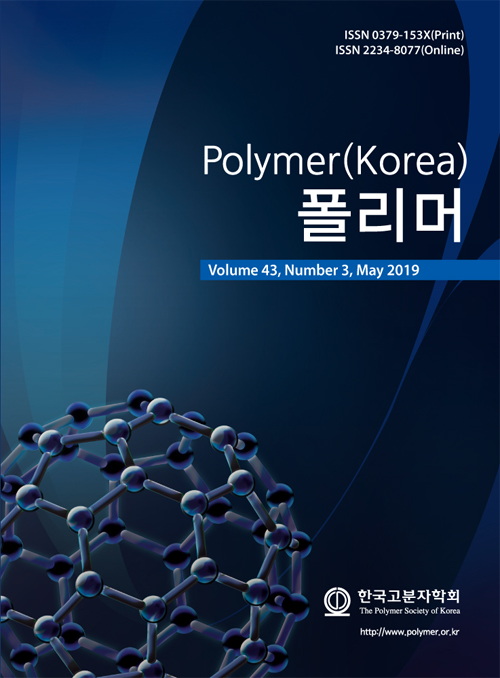- Poly(DMAEMA-co-MPS) Coated Mesoporous Silica Nanoparticles as Smart Drug Carriers with pH-controlled on–off Release
Mohammad Hegazy*,**,†
 , Nahla Rahoui*****, Ahmed Abou- Elyazed*,**, Diaa Eldin Fouad***,****, Xin Huang*,†
, Nahla Rahoui*****, Ahmed Abou- Elyazed*,**, Diaa Eldin Fouad***,****, Xin Huang*,†  , and Yudong Huang*,†
, and Yudong Huang*,† 
*MIIT Key Laboratory of Critical Materials Technology for New Energy Conversion and Storage, Key Laboratory of Microsystems and Microstructures Manufacturing, Ministry of Education, School of Chemistry and Chemical Engineering, Harbin Institute of Technology, Harbin 150001, China
**Department of Chemistry, Faculty of Science, Menoufia University, Shebin El-Kom 32511, Egypt
***College of Material Science and Chemical Engineering, Harbin Engineering University, Harbin 150001, China
****Forensic authority, Ministry of Justice, Egypt to Forensic Authority, Ministry of Justice, Cairo, Egypt
*****Research and Development Institute in Industry and Defense Technologies, Blida, BP. 09000, Algeria- Poly(DMAEMA-co-MPS) 코팅 메조포러스 실리카 나노입자 약물전달체 제조 및 pH 감응형 on-off 방출 특성분석
In this paper, pH-responsive nanocarriers based on mesoporous silica nanoparticles (MSN) modified with the pH-sensitive polymer: poly(N,N-dimethylaminoethyl methacrylate) (PDMAEMA) were constructed, characterized and tested to evaluate their efficacy as drug delivery systems (DDS). The hybrid nanocarriers were synthesized successfully via a simultaneous copolymerization reaction between two monomers; 2-dimethylamino-ethylmethacrylate (DMAEMA) and 3-methacryloxypropyltrimethoxysilane (MPS) within the mesopores of MSN. Exploiting the polymerizable moiety of MPS together with its alkoxysilane moity susceptible to condensation with silanols surface onto silica, MPS comonomer can act as a bridge for yielding a robust and simple hybrid consisting of MSN-P(DMAEMA-co-MPS). In addition, the grafted PDMAEMA serves as efficient gatekeeper to adjust the encapsulation and in vitro release of cargos loaded inside the pores by altering pH values of the medium. These hybrid nanoparticles showed a high loading capacity with quick release in acidic pH, which exists mainly in the diseases environments e.g. inflammatory and cancerous sites.
Keywords: pH-responsive release, mesoporous silica nanoparticles, poly(N,N-dimethylaminoethyl methacrylate), polymer coating, controlled drug delivery
- Polymer(Korea) 폴리머
- Frequency : Bimonthly(odd)
ISSN 0379-153X(Print)
ISSN 2234-8077(Online)
Abbr. Polym. Korea - 2023 Impact Factor : 0.4
- Indexed in SCIE
 This Article
This Article
-
2019; 43(3): 387-393
Published online May 25, 2019
- 10.7317/pk.2019.43.3.387
- Received on Jan 14, 2019
- Revised on Feb 27, 2019
- Accepted on Mar 2, 2019
 Correspondence to
Correspondence to
- Mohammad Hegazy*,**, Xin Huang*, and Yudong Huang*
-
*MIIT Key Laboratory of Critical Materials Technology for New Energy Conversion and Storage, Key Laboratory of Microsystems and Microstructures Manufacturing, Ministry of Education, School of Chemistry and Chemical Engineering, Harbin Institute of Technology, Harbin 150001, China
**Department of Chemistry, Faculty of Science, Menoufia University, Shebin El-Kom 32511, Egypt - E-mail: dr_hegazy2000@yahoo.com, xinhuang@hit.edu.cn, huangyd@hit.edu.cn








 Copyright(c) The Polymer Society of Korea. All right reserved.
Copyright(c) The Polymer Society of Korea. All right reserved.